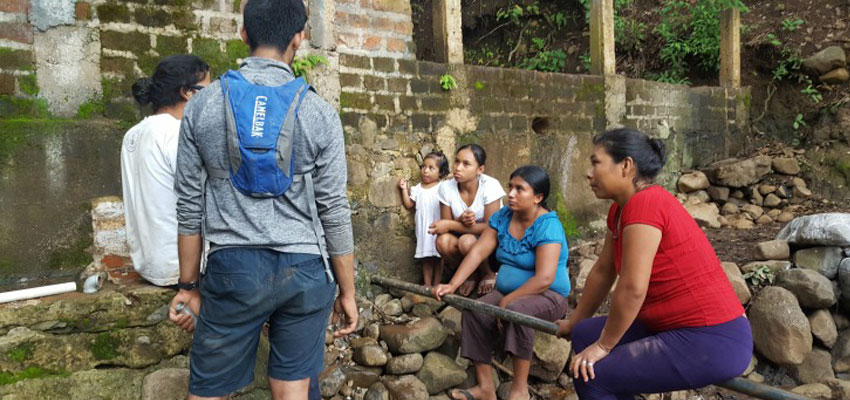
D-Lab: Gender & Development - Accelerating Women’s Economic Prosperity explores international development in the post-colonial era using a gender and identity lens. Our aim is to provide students with the tools they need to analyze power dynamics and design gender- and identity-sensitive international development projects that accelerate women’s economic prosperity.
There are numerous examples of development efforts that have magnified the power dynamics in a community, resulting in an even more inequitable outcome. On the flip side, there are wonderful examples that have intentionally addressed existing power dynamics to achieve more equitable outcomes. Through D-Lab Gender & Development, we will introduce the historical roots of gender and identity in development; explore and evaluate existing tools to use when developing a new policy, business venture, system or technology; and give students an opportunity to apply the knowledge gained to an in-class project that includes a travel component over the January Independent Activities Period (IAP).
To introduce the course, here is one example of our experience of the complexities of gender and identity. This anecdote clearly illustrates why a gender analysis is important while engaged in international development work.
Exploring Women’s Access to Technology in Delhi, India
Through MIT’s Comprehensive Initiative for Technology Evaluation (CITE), colleagues and I were researching how women make technological decisions. One of the stories we continued to hear from women living in various Delhi slums was that their opinion did not influence technology decisions. Power dynamics played a large role in this situation.
When it came to specific technology decisions, husbands or sons, and sometimes, even their daughters, would make decisions about what technologies to buy before the wife’s input would be sought. There are many reasons for this, one of which is that power dynamics also influence women’s access to information. SEWA Delhi, the organization we were working with, recognizes this and takes numerous steps to increase access to information. One of the most simple, and yet powerful, steps is to teach women to use the public train system in Delhi. This gives women the ability to travel to sources information available throughout the city, rather than relying only on information available in their neighborhood.
From the perspective of someone developing a new policy, business venture, technology, or system, recognizing these barriers to information can substantially influence the process and the outcome of a development project.
**********
This year, D-Lab Gender & Development students will be invited to utilize knowledge and tools gained over the semester by working to design and implement one of two international development projects.
1. ACCRA, GHANA – FINANCIAL INCLUSION WITH WASTEPICKERS
Students will research financial management training and tools appropriate for a marginalized population in Accra, Ghana, co-design a financial inclusion program, and travel to Ghana where they will work with a large association of women waste pickers and a financial institution to begin the implementation process.
2. ESTELI, NICARAGUA – EQUITABLE SUPPLY CHAINS FOR LOCAL FOOD ECONOMY
Students will work with a local NGO in Estelí, Nicaragua to develop urban farming methods and gain an in-depth understanding of the local food economy by mapping supply chains to support the creation of an urban agricultural business that takes into account the effects of climate change.

